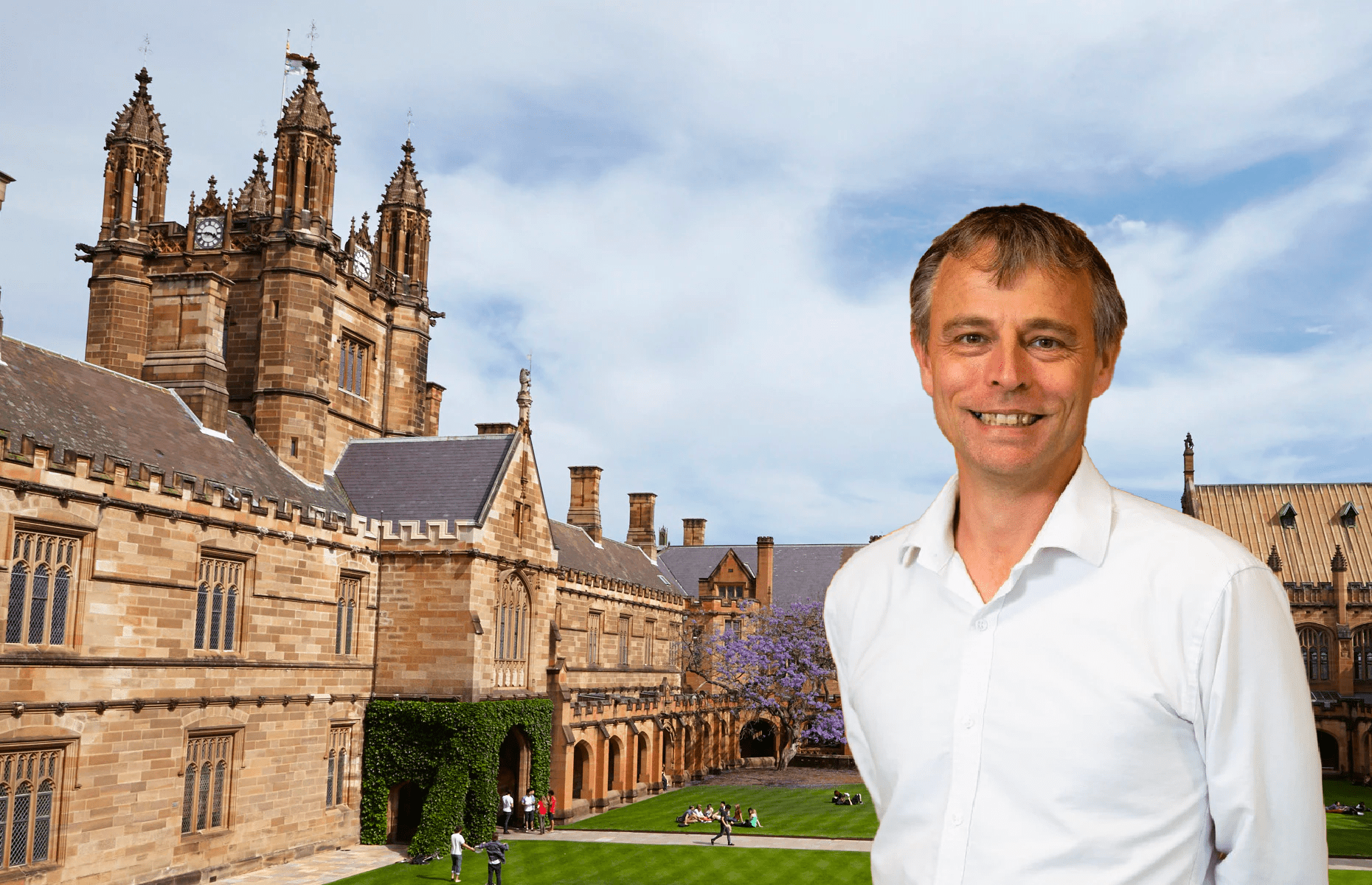The University of Sydney has announced Professor Marcel Dinger as the incoming Dean of the Faculty of Science starting January 2023.
Dinger will replace Professor Iain Young, who spent a 4-year stint in the position, and Professor Philip Gale who is currently the Interim Dean.
Dinger is currently Head of School for Biotechnology and Biomolecular Sciences at the University of New South Wales (UNSW). He is also the CEO of Genome.One, Australia’s first clinical genomics service centre. The company offers genomic sequencing to patients at significant prices, starting from $1,400 ranging up to $3,200 for individual disease diagnostics.
Dinger’s Genome.One was mired in financial troubles in 2018 just two years after its foundation. The Australian Financial Review reported that the start-up’s mother company, the Garvan Institute of Medical Research, made 38 staff redundant, with the majority coming from Genome.One.
The report also stated that in late 2018, Genome.One no longer offered genetic disease diagnosis nor personal health genomics and that prices were significantly higher than in 2022, costing some $6400.
In addition to Genome.One, Dinger is also co-founder of Przym Health, a biotechnology startup offering clinical AI (artificial intelligence) analytics for healthcare providers.
In a statement, USyd Provost and Deputy Vice-Chancellor Annamarie Jagose praised Dinger’s appointment.
“Marcel is an innovative leader with an impressive breadth of ideas and experience in both academia and industry,” Jagose said.
Jagose’s highlighting of Dinger’s startups signals that his appointment, much like Professor Emma Johnston’s earlier this year, seeks to enhance USyd’s ability to create private companies off the back of research in alignment with the Federal Government’s goal for universities to create “high-tech innovations”.
“His understanding of the importance of partnerships and entrepreneurship in the contemporary scientific context will be an asset to the University.”





